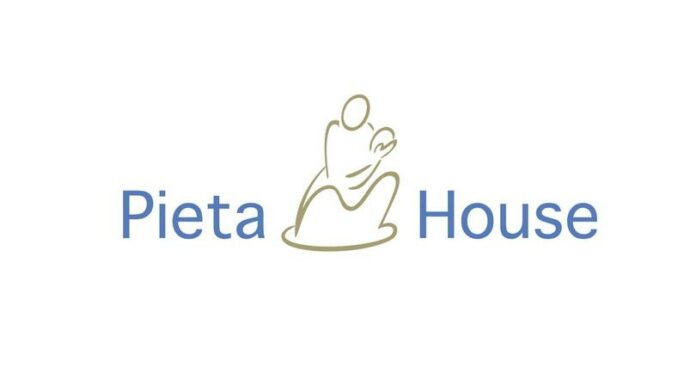WITH the pandemic having caused all sorts of upheaval, suicide prevention charity Pieta has recorded a 22% increase in demand for its services, and Clare based Tom McEvoy, who is its fundraising and advocacy manager for much of the country, says the distress is being seen in this county too.
“It’s affecting everywhere, demand for all our services have increased significantly, so the growth has been seen all over, including in Clare and the surrounding counties,” he said.
While the overall growth in demand for one of the country’s top suicide prevention charities is disturbing, the fact that far more younger people want its help is another concern.
“In July of last year 15% of our clients were 18 and under. In July just gone that figure was up to 32%. It has increased hugely.
“It is a concern obviously that more people underage are reaching out, we can cope with it, but if the trend continues that way it is a worry for people who are supporting 18 and unders.”
Are they putting the increase in demand down to the new pressures and strains introduced by the pandemic?
“Yeah, we are. We’re associating the increase in demand with the way that people are finding things in the new environment, with school and work conditions. It’s very different. I think there’s a fair level of resilience in us all, but it’s being put to the test in lots of situations now.”
Tom also feels that increased awareness of mental health, something that was once a taboo subject; along with greater prominence for Pieta, are also reasons for the increase in contacts.
“I think we’re probably more conscious of our own vulnerabilities and people are reaching out to Pieta easier, because it’s easier to speak about our own mental health nowadays than it was previously.
“There’s probably more awareness about the service and also people are perhaps finding it easier to reach out now we speak about mental health a bit easier.”
Of course one of the big changes seen since March of 2019 has been the increase in remote communication, with things like Zoom meetings and WhatsApp video calls now part of everyday life.
Pieta have also embraced this technology, which he says has made it much more accessible.
“The service is available remotely more than ever before, we have a telephone service with a lot more people on it, therapists, etc.
“We also have now video therapy. That really has opened up the doors to a lot more people living in rural isolation, who are attending Pieta, but not necessarily coming to any of the centres, but still coming face to face with a therapist.
“That’s across the age profile, not just the young people who are very familiar with video calls and so on, but with older clients as well.”
And can remote counselling, without physical meetings, be as effective?
“For certain conditions presenting to Pieta it works really well.
“We find that people who are at a very acute level of crisis, those who perhaps have a plan of suicide, the face to face in our centres works much better. But for those in a raised anxiety situation, maybe figuring out loneliness in their lives, who are finding it challenging to continue on living, maybe with low self esteem or body image issues, things like that which are very distressing, we find video therapy can be a way forward for them and be successful as well.
“Sometimes people find it more confidential to a degree, it can be inconspicuous and somewhat anonymous, having video therapy and phone therapy. They’re not coming face to face with a therapist immediately. But if people are working well with us and would like to have face to face at some stage, we can accommodate that.”
When its usual fundraising channels collapsed in early 2020, Pieta was in a huge crisis, but that has totally turned around, to the extent it is looking to take on new therapists all over Ireland.
“We were in a financial crisis in the early part of the pandemic. We found ourselves really struggling to maintain the service that we actually had at that point and we reached out, financially appealing to people to help us and to continue that service.
“People answered that call and by the end of last year we were in a much better financial position and currently we’re in an even better financial position.”
With the well established Darkness Into Light walks suspended, it had a fundraiser called One Sunrise Together instead, which raised an amazing €8 million.
While there are more and more people going to Pieta, Tom is sure that even more would benefit from it.
“We know there are more people out there looking for the service and if people want more information they can go to pieta.ie. There’s great information there regarding signs to look out for, for example.
“We’re trying to encourage more males to look for help too, 70% of the 18 and under client base that we have at the moment are female. It’s quite lopsided and we’d love to see it more even.”
Owen Ryan has been a journalist with the Clare Champion since 2007, having previously worked with a number of other publications in Limerick, Cork and Galway. His first book will be published in December 2024.


